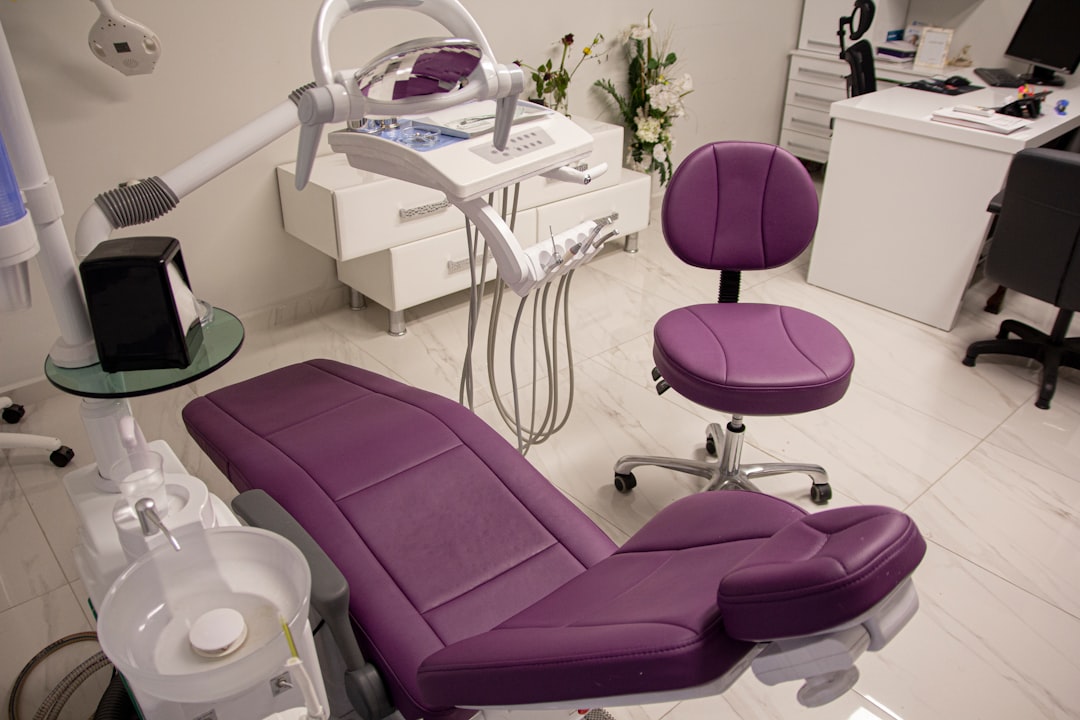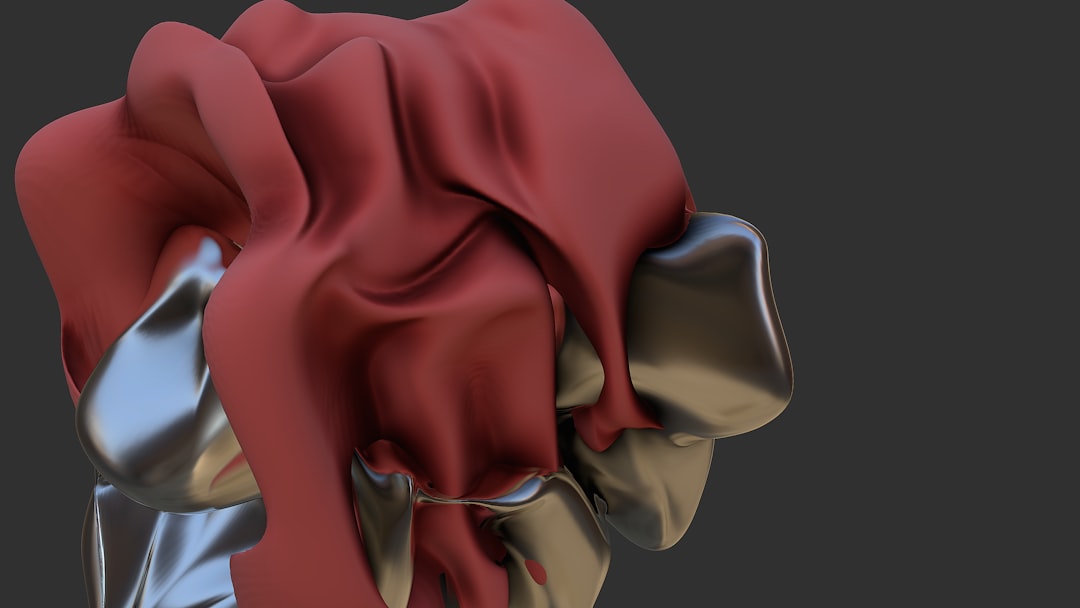Introduction
OpenHealth Dental, a cutting-edge Electronic Medical Records (EMR) and Patient Management system, has revolutionized the dentistry landscape with its innovative features and global accessibility. But have you ever wondered about the origins and evolution of this groundbreaking platform? In this article, we will delve into the OpenHealth Dental history, from its humble beginnings as research software to its current status as a global dental visualization platform.
The Early Days of OpenHealth Dental
OpenHealth Dental was created in response to the need for a more efficient and effective way to manage dental records and patient data. The platform’s development began as a research project, with the primary goal of creating a system that could seamlessly integrate various aspects of dental care.
Initially, the focus was on developing a comprehensive EMR system that could store, manage, and analyze patient data. However, as the project progressed, the developers realized the potential for a more extensive platform that could cater to the diverse needs of dental professionals.
Evolution of OpenHealth Dental Dentistry
Over time, OpenHealth Dental has undergone significant transformations, shaped by the evolving needs of the dental community. The platform’s evolution can be broadly categorized into three phases:
- Phase 1: Research and Development (2005-2010) – During this phase, the primary focus was on developing a robust EMR system that could efficiently manage patient data.
- Phase 2: Expansion and Integration (2010-2015) – In this phase, the platform expanded to include features such as appointment scheduling, billing, and insurance claims management.
- Phase 3: Globalization and Innovation (2015-Present) – The current phase has seen OpenHealth Dental emerge as a global dental visualization platform, with advanced features such as 3D visualization, artificial intelligence, and machine learning.
OpenHealth Dental Free Open-Source Story
One of the most significant factors contributing to OpenHealth Dental’s success is its open-source nature. The platform’s source code is freely available, allowing developers to modify and customize it according to their needs.
This open-source approach has not only encouraged community involvement but also enabled the platform to stay ahead of the curve in terms of innovation and feature development.
OpenHealth Dental vs Legacy Tools
So, how does OpenHealth Dental compare to traditional legacy tools? Here’s a comparison table highlighting some of the key differences:
| Feature | OpenHealth Dental | Legacy Tools |
|---|---|---|
| EMR System | Comprehensive and customizable | Basic and limited |
| Appointment Scheduling | Advanced and automated | Manual and time-consuming |
| Billing and Insurance Claims | Efficient and streamlined | Complex and prone to errors |
Another significant advantage of OpenHealth Dental is its ability to integrate with various third-party applications and services. This seamless integration enables dental professionals to access a wide range of tools and features, all within a single platform.
| Feature | OpenHealth Dental | Legacy Tools |
|---|---|---|
| Integration with Third-Party Apps | Seamless and extensive | Limited and cumbersome |
| Customization Options | Extensive and community-driven | Limited and vendor-dependent |
| Scalability and Flexibility | Highly scalable and flexible | Limited and inflexible |
Conclusion
In conclusion, OpenHealth Dental’s history is a testament to the power of innovation and community-driven development. From its humble beginnings as research software to its current status as a global dental visualization platform, OpenHealth Dental has consistently pushed the boundaries of what is possible in the field of dentistry.
As the platform continues to evolve, it is exciting to think about the possibilities that the future holds for OpenHealth Dental and the dental community as a whole.
Comparison of OpenHealth Dental with Other Popular Dental Software
| Feature | OpenHealth Dental | Dentrix | Eaglesoft |
|---|---|---|---|
| EMR System | Comprehensive and customizable | Basic and limited | Comprehensive but vendor-dependent |
| Appointment Scheduling | Advanced and automated | Manual and time-consuming | Advanced but limited customization |
| Billing and Insurance Claims | Efficient and streamlined | Complex and prone to errors | Efficient but limited integration |






